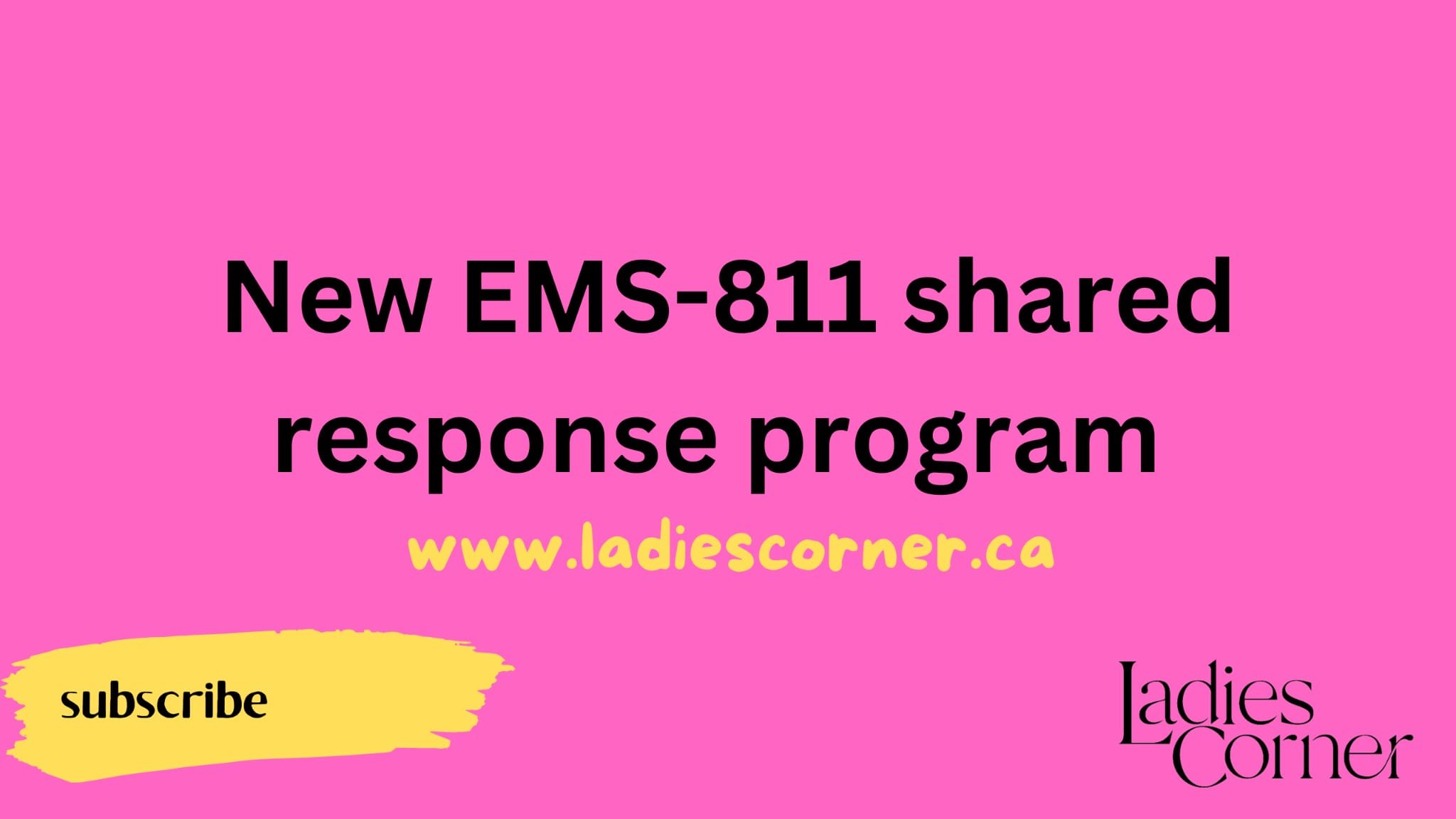
Alberta Health Services launches new EMS-811 Shared Response program
To ensure Albertans in need of urgent care receive that care as quickly as possible, EMS emergency communications officers are now working closely with a dedicated team at 811 through a new EMS-811 Shared Response team. The Shared Response team will work to efficiently transfer non-urgent calls directly to an 811 nurse, while urgent calls will continue to receive an ambulance response.
When Albertans calling 911 are connected with EMS, an emergency communications officer reassures the caller that help is on the way while triaging patients, similar to what happens in a hospital emergency department. When an emergency communications officer is confident that a patient’s situation is best handled with alternate levels of care, they will transfer the call directly to a dedicated team of experienced registered nurses at 811 without entering the caller into a queue. The registered nurse will continue to assess the patient and situation to identify appropriate care options.
911 calls that are assessed as clinically appropriate for the new shared response system do not wait in the regular 811 queue and have a dedicated registered nurse for support. Callers are informed about this process and, if at any point it is determined an ambulance is required, an ambulance is dispatched.
- EMS dispatch has been collaborating with the Poison and Drug Information Service (PADIS). Since early 2022, AHS has successfully moved more than 400 non-emergency calls with questions about poison and drugs over to PADIS.
- Health Link’s registered nurses use an industry best practice advice model that uses evidence-based guidelines and provides safe, patient-focused clinical options for non-emergency patients who have called 911.
- AHS encourages all Albertans who are seeking health advice for non-urgent health concerns to learn about their care options by visiting ahs.ca/options. Physicians, pharmacists or Health Link are often the best supports.





